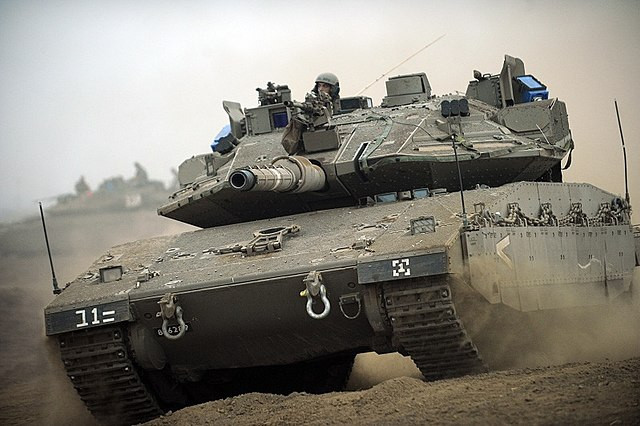As tensions escalate in the Gaza Strip, the city of Rafah emerges as the focal point of a looming military operation that threatens to exacerbate an already dire humanitarian crisis. Israeli Prime Minister Benjamin Netanyahu's recent announcement to evacuate civilians from Rafah in preparation for a ground assault against Hamas militants has heightened fears among the city's residents and international observers alike.
With more than 1 million individuals crammed into Rafah, many of whom fled there from other parts of war-ravaged Gaza, the prospect of an Israeli offensive looms ominously, raising the specter of widespread civilian casualties.
The United Nations Relief and Works Agency (UNRWA) has sounded the alarm, warning of the grave implications of a ground invasion. Philippe Lazzarini, the head of UNRWA, expressed the growing concern: "There is a sense of growing anxiety, growing panic in Rafah. People have no idea where to go." This sentiment echoes the desperation felt by many in Rafah, who find themselves trapped between the advancing Israeli military and a sealed border with Egypt.
Israeli officials maintain that the objective of the potential assault on Rafah is to dismantle the last stronghold of Hamas in Gaza, a necessary step, they argue, to ensure the security of Israel. Netanyahu's office articulated this strategy, stating, "Israel cannot achieve its goal of eliminating the Islamist militants who rule Gaza while those units remain." This hardline stance underscores the Israeli government's commitment to its broader military objectives in Gaza, despite the potential humanitarian cost.
The international community, including the United States, has called for restraint and the protection of civilians. The White House press secretary, Karine Jean-Pierre, emphasized the longstanding principles guiding military aid: "There are no new standards in this memo. We are not imposing new standards for military aid." This statement reflects the delicate balance Washington seeks to strike between supporting its ally Israel and upholding international humanitarian law.
Aid agencies operating in Gaza are struggling to provide even basic assistance to those affected by the conflict. The dire situation has led some Gazans to desperate measures, with reports of individuals eating grass to survive. ActionAid highlighted the severity of the crisis: "Every single person in Gaza is now hungry, and people have just 1.5 to 2 litres of unsafe water per day to meet all their needs."
As the Israeli military gears up for a possible ground operation in Rafah, the fate of the city's residents hangs in the balance. The United Nations has underscored the need for protection of civilians and warned against forced mass displacement, which is prohibited under international law. Jan Egeland, secretary-general of the Norwegian Refugee Council, starkly warned of the consequences of an assault on Rafah: "No war can be allowed in a gigantic refugee camp. Another bloodbath in Gaza cannot be allowed."
The impending military action in Rafah, coupled with the ongoing humanitarian crisis in Gaza, presents a complex challenge for the international community, Israeli policymakers, and the people of Gaza. As discussions continue and military plans are drawn up, the world watches, hoping for a resolution that spares further loss of innocent lives and leads to a lasting peace in the region.




